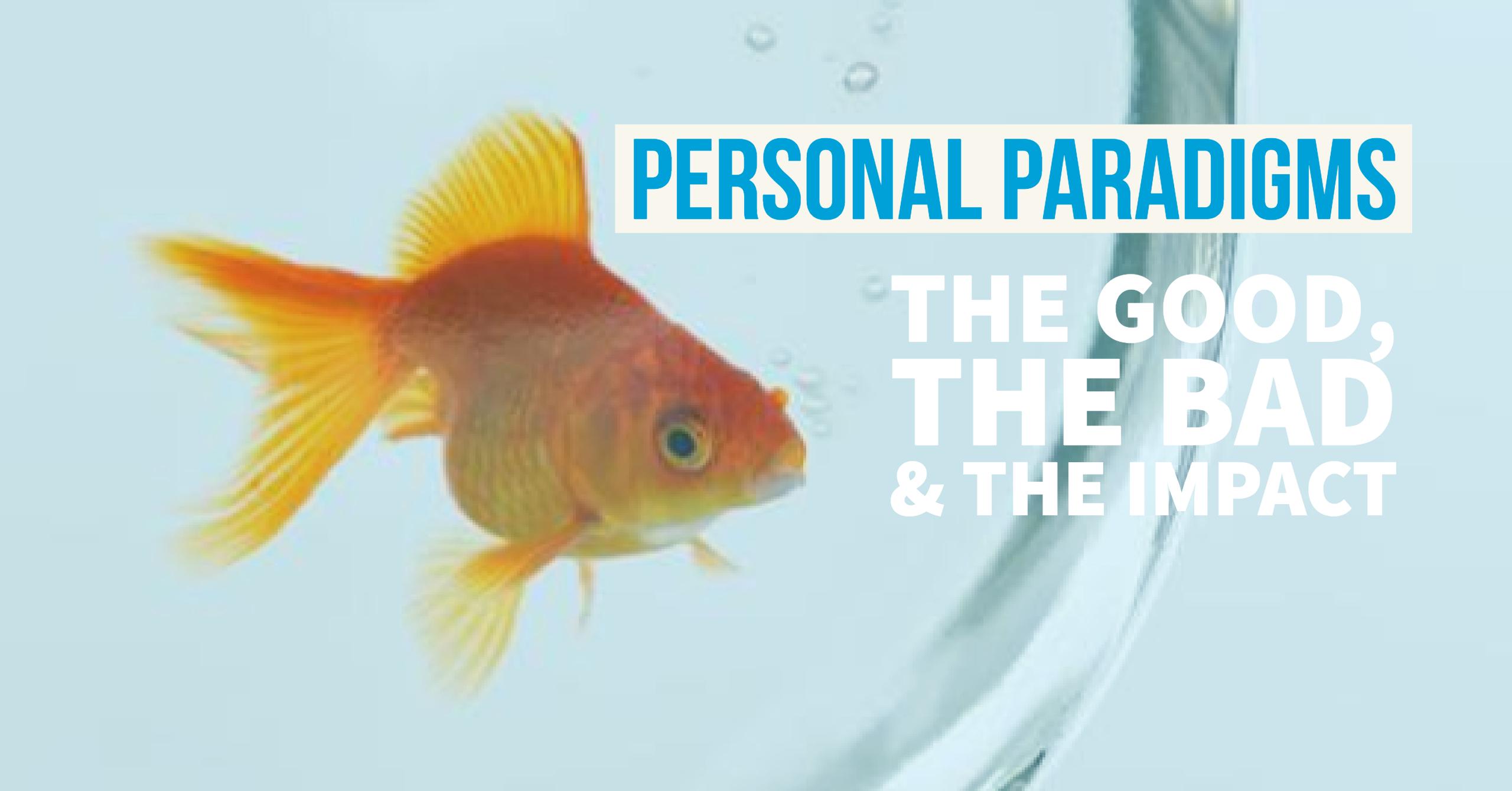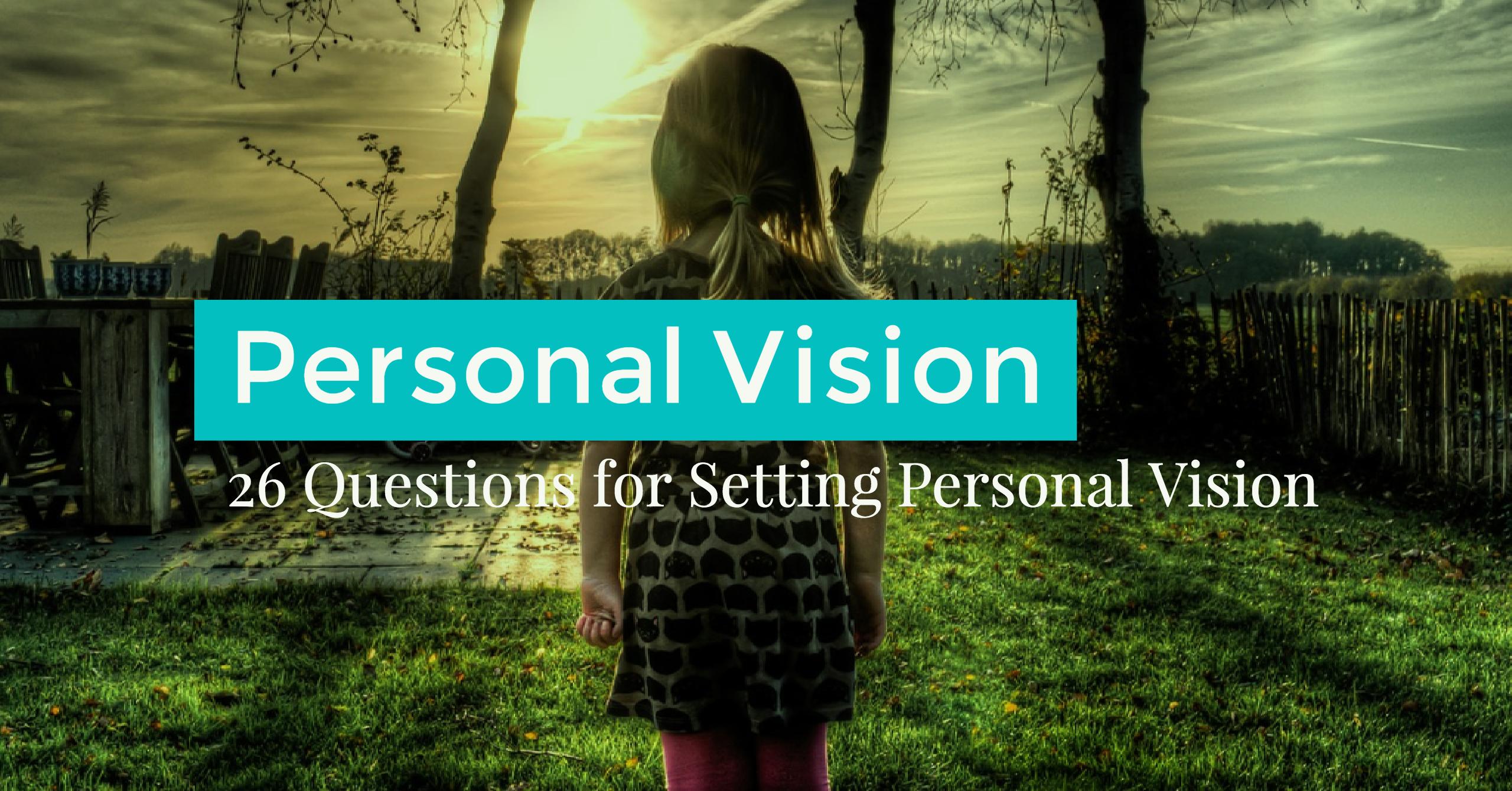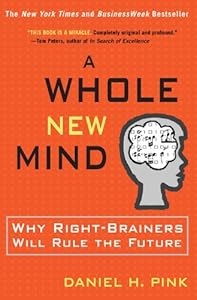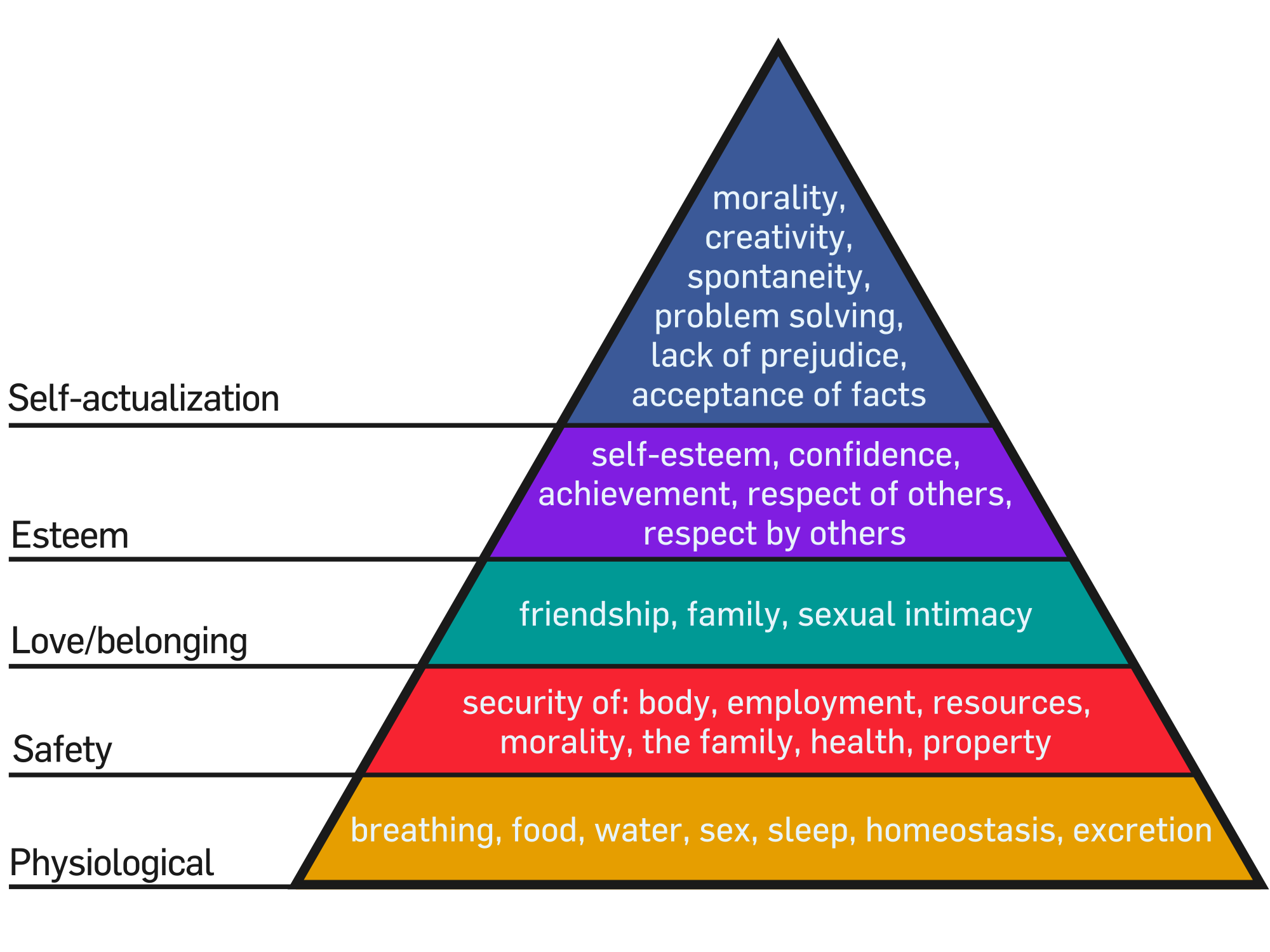
We have such a laundry list of things we consider important to effective leadership that I often wonder if a leader could exist who met even half of the requirements. We want leaders who are brilliant, multi-talented, visionary, creative, insightful and the list goes on. The job gets harder still when we start to pull in abstract characteristics like charm or charisma. Imagine trying to practice your compelling. Perhaps they offer courses in being fascinating at Harvard. When we start to describe that quintessential something that great leaders possess I think our imaginations can contribute more than any one leader can produce.
Despite my misgivings about the importance of the charm factor, I can‘t escape the fact that there are a preponderance of leaders who also happen to be charismatic. Those people who walk into a room and draw others to them. There are men and women who can motivate others to do as they say, even when what they are saying is nonsense. If great leaders are charming and leadership can be taught, it follows that charm and charisma can also be taught. So I went looking for my leadership charm school.
As it happens, I didn’t have to look very hard. Almost immediately, I was overwhelmed with articles on emotional intelligence or social intelligence. There has been a lot of research done in this area over the past twenty years with perhaps the most notable work being done by psychologist and author, Daniel Goleman. His book, called simply, Emotional Intelligence, first published in 1995 marked the start of a proliferation of literature in this area. His most popular work since that time is his 2006 book, Social Intelligence: The New Science of Human Relationships, which really marks the expansion of his theories.
Whether you are looking at emotional or social intelligence, it really comes down to your ability to know and control yourself so that you respond to the people around you appropriately. What’s more, it’s reading them and then knowing how to use those cues to influence or motivate their behaviour. In effect, it comes down to your capacity to step outside yourself, and accurately assess your environment and the people in it. Not surprisingly, the ability to deep listen was an essential component of emotional intelligence. If you can’t listen, you can’t lead or at least not well. Emotional intelligence is seen as a more predictive trait than IQ in determining effective leadership.
When you look at some of the more consistent measures of social intelligence, then you also see why the behaviours associated with descriptions of charm or charisma are also seen as factors in high emotional intelligence. The best part is, emotional intelligence can be learned. The most difficult part is determining that you actually want to learn because you will have to remove old habits and ingrain new ones. Not an easy task as any one who has tried and failed to diet successfully knows.
At the heart of emotional intelligence is emotional control. Control over yourself and in many respects, those around you. It is the ability to stay calm in an emergency or peaceful when things or people conspire to frustrate or make you angry. Emotional intelligence enables you to chose the feeling you’re going to feel best about when you reflect back on any given exchange.
Below are some tips for achieving emotional intelligence:
1) Be self-aware: Being self-aware means that you are always present in the moment. If you are talking to someone, they are your priority, the centre of your focus. Remember its not just what they are saying, but what their body is reporting to you.
2) Know Your Options: Be aware of the choices you can make. Sometimes that may mean choosing not to respond or engage in a behaviour.
3) Know Your History: History has always been a terrific teacher and in our personal lives that remains the case. Be aware of which actions have worked for you in the past and which have failed. Learn from experience.
4) Be at Peace: Regardless of the setting, stay calm. The calm gives you the space to make smart decisions.
5) Win-Win: One of the things you quickly discover in lobbying is that win-win outcomes will mean that results last longer. Conflict oriented approaches tend to result in more conflict.
6) Respect and acceptance: If someone disagrees with you look at it as an opportunity to learn more. This is not easy, nor is it about being Pollyanna. This is tied to remaining calm and being aware of your options.
7) Abundance. Benjamin Zander‘s and Rosamund Stone Zander’s book, The Art of Possibility includes this mindset as part of the critical path to achieving your objectives. It opens you up to sharing and exchanging ideas. Knowledge shared is power squared.
8) Patience: This is easily the one I have the hardest part with, but by embracing it my stress goes down and my productivity goes up.
9) Delayed gratification.: This is very much like patience with the exception that you can have something, but choose not to because by waiting it will be better.
10) Foresight. This is really about using your imagination and knowledge to think about what might happen next and then following a chain of consequences out as far as you can.
11) Deep listening: This is back to body language, it’s about hearing more than words. Try to remember that 85% of what we understand comes from unspoken cues.
12) No egos allowed: Although we like to think of ourselves as the centre of our personal universe, if you are the centre then you are not focused on the people around you or the options available to you.
Have you ever met a leader who had it all or came close? How easy do you think it would be to gain more emotional intelligence? What do you like in a leader?
















